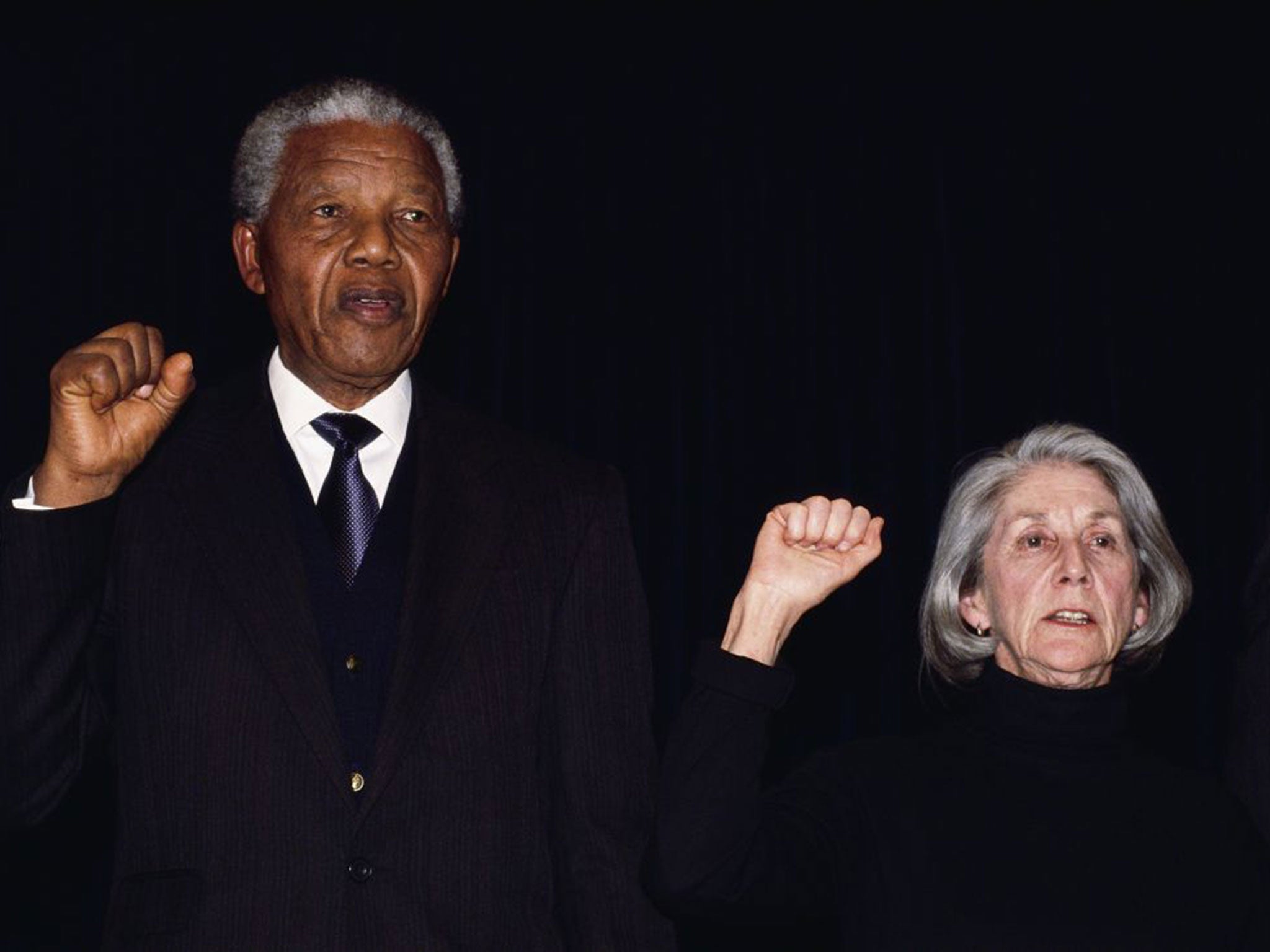The End of Apartheid: Diary of a Revolution by Robin Renwick, book review: Murky birth pangs of the rainbow nation
Renwick clearly had extraordinary access, bouncing in and out of the offices of PW Botha, FW de Klerk, and ultimately Nelson Mandela

Your support helps us to tell the story
From reproductive rights to climate change to Big Tech, The Independent is on the ground when the story is developing. Whether it's investigating the financials of Elon Musk's pro-Trump PAC or producing our latest documentary, 'The A Word', which shines a light on the American women fighting for reproductive rights, we know how important it is to parse out the facts from the messaging.
At such a critical moment in US history, we need reporters on the ground. Your donation allows us to keep sending journalists to speak to both sides of the story.
The Independent is trusted by Americans across the entire political spectrum. And unlike many other quality news outlets, we choose not to lock Americans out of our reporting and analysis with paywalls. We believe quality journalism should be available to everyone, paid for by those who can afford it.
Your support makes all the difference.There is an extraordinary aside in Robin Renwick’s book about his time as British Ambassador to South Africa that illustrates the extent to which he had become as much part of that country’s political machinery as the apartheid regime or the ANC leadership that he spent most of his tenure meeting.
It was October 1989, shortly before Namibian independence. With the ballot boxes prepared for Namibia’s first free elections, and the South African troops there confined to barracks, Renwick was urgently summoned by Pretoria’s foreign minister, Pik Botha.
Namibian forces were about to launch an uprising, he was informed. Renwick refused to believe it and, with British soldiers controlling UN communications in Namibia, proved within three hours that the report was false, stopping a retaliatory South African mobilisation.
The claim of an attack, it emerged, had been invented by rogue elements in South African military intelligence wanting to re-ignite the Border War. It is a revelation, one of many from Renwick’s time as ambassador between 1987 and 1991, which underlines how fundamental double-dealing and betrayal were to this period.
The past can too easily appear inevitable in retrospect. But as this detailed, if overly dry, account of the end of apartheid makes clear, its peaceful demise appeared far from inevitable at the time, not least as the likelihood of a coup (one former army head warns he could take-over in “an afternoon”), or the ANC controlling its “necklacing” youth, was far from clear.
Renwick clearly had extraordinary access, bouncing in and out of the offices of PW Botha, FW de Klerk, and ultimately Nelson Mandela. The Foreign Office also waived its 30-year-rule to let him draw on official records, enabling him to provide considerable detail about the person he clearly considers his story’s most unsung hero: Margaret Thatcher.
Her involvement is as murky as anything occurring on the ground. She was pilloried for refusing to extend sanctions, but Renwick is insistent that in private his heroine was a leading light in petitioning South Africa’s white leadership to dismantle apartheid. He promises that this re-evaluation of her role will be backed-up as the official communiques are made public in coming years. For that, we will have to wait and see.
But what is clear now, is that Britain’s soft approach on sanctions was exactly why Renwick was welcome at apartheid-era Tuynhuys (the Cape Town office of the President), which did mean he was able to play the role of intermediary he so desired. What is less clear is if this role actually gave him the influence he believed he had with the wily Mandela, at a time when African nations were uniformly condemning Mrs Thatcher.
Repeatedly Renwick registers disappointment that the newly-freed leader would not say in public what he – and Britain – wanted, or had been told in private, complaining that Mandela could “be forgetful of what he owed” men like De Klerk. Double-talk, it seems, may not have only been reserved for use on men like Botha, but also on British ambassadors hoping to shape history.
Join our commenting forum
Join thought-provoking conversations, follow other Independent readers and see their replies
Comments